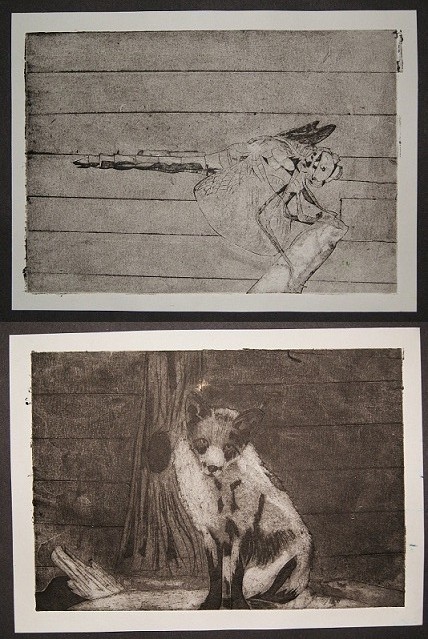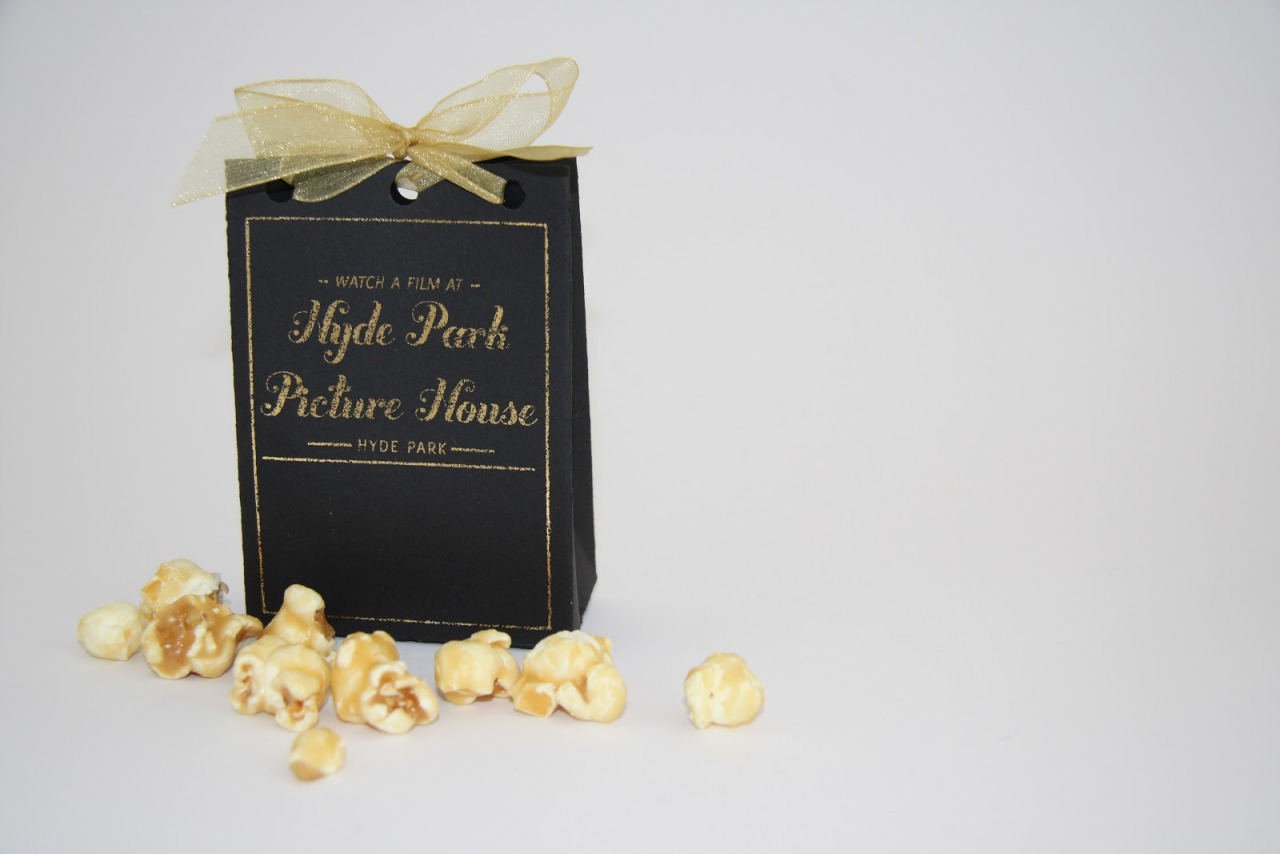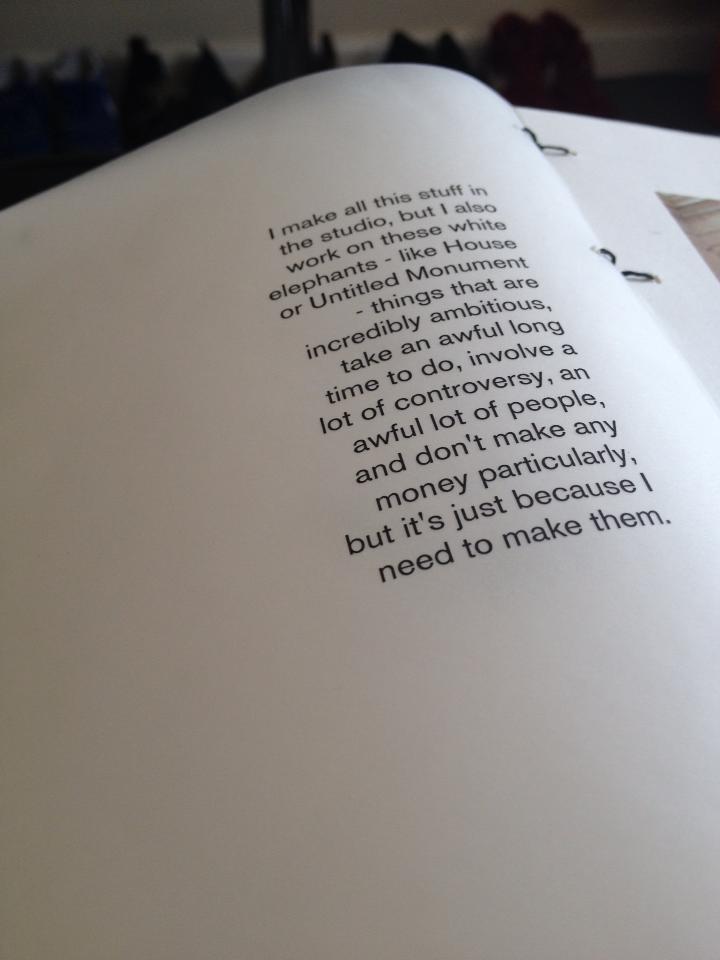Within your summer project groups, debate the following question:
What is design for print?
- You have to consider the printing process before designing
- Consideration of format and layout
- Easy way to mass produce your design
- Examples of design for print: books, posters, zines, leaflets, postcards, stationery, billboards, packaging
- Processes of design for print: screen print, laser print, 3D, ink jet, lino, foiling, collagraph, lithograph, potato, etching, stamps, letterpress, textile, embossing, laser cut
- A design that intends to be physical
Can you sum up the answer to the question in one sentence?
A design that intends to communicate a message in a physical format with image and/or text through the process of printing.
In a way, it is impossible to define as printing processes and the designs themselves are so broad. There is no right or wrong answer.
6 categories to look into:
- Format
- Colour
- Production
- Processes
- Finishing
- Stock
For each of the 6 categories, find 2 relevant examples e.g. RGB and CMYK could be 2 examples for colour. Try not to only find on the internet, use own examples too!
1. Format
poster
zine
2. Colour
CMYK
RGB
Paper Cut
Book Binding
Screen Print
Collagraph Print (own work)
Spot Varnish
Gold Foiling (own work)
6. Stock
Tracing paper (own work)
Plastic/Glass
List as many design processes as you can for design for print:
foiling, spot varnish, screen printing, embossing, etching, laser printing, 3D printing, ink jet, lino printing, collagraph printing, lithograph, potato printing, stamps, letterpress, textile printing, woodblock printing, heat press, transfer printing, flexography, digital print, vinyl cut, mono printing, gilding, risograph
What 3 printing processes do you, as a designer, want to explore this year?
1. Letterpress
2. Screen Printing
3. Etching
When you're designing for print, it's finite information and can never change. Whereas when designing for website, you can always change that information. You cannot ever retract information that has been printed.
Bring in 5 physical examples of print next Tuesday. Keep them varied.
My Objects:
What 3 printing processes do you, as a designer, want to explore this year?
1. Letterpress
2. Screen Printing
3. Etching
When you're designing for print, it's finite information and can never change. Whereas when designing for website, you can always change that information. You cannot ever retract information that has been printed.
Bring in 5 physical examples of print next Tuesday. Keep them varied.
My Objects:
- Leave your comment • Category: brief 1, OUGD504, studio task
- Share on Twitter, Facebook, Delicious, Digg, Reddit












